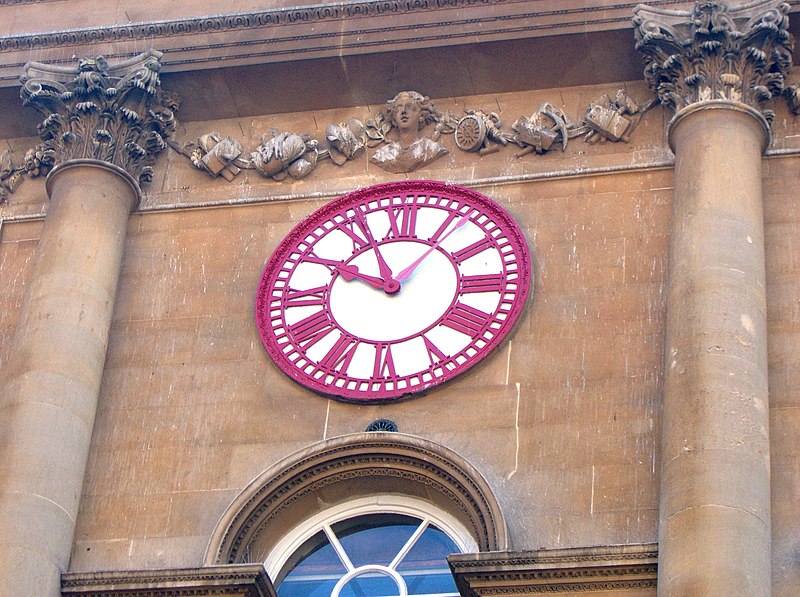Twice a year, around the last Sunday in March and the last Sunday in October, everybody (in particular newspaper journalists) take a few minutes off to rant about daylight savings time. So, for this first time, I want to join this tradition in writing.
Until I had kids, I could not care less about the question of changing the time twice a year. But at least for our kids (and then secondary also for myself), I realize biorhythm is quite strong and at takes more than a week to adopt to the 1 hour jet lag (in particular in spring when it means getting out of bed "one hour earlier"). I still don't really care about cows that have to deliver their milk at different times since there is no intrinsic reason that the clock on the wall has to show a particular time when it is done and if it were really a problem, the farmers could do it at fixed UTC.
So, obviously, it is a nuisance. So what are the benefit that justify it? Well, obviously, in summer the sun sets at a later hour and we get more sun when being outside in the summer. That sounds reasonable. But why restrict it to the summer?
Which brings me to my point: If you ask me, I want to get rid of changing the offset to UTC twice a year and want to permanently adopt daylight saving time.
But now I hear people cry that this is "unnatural", we have to have the traditional time at least in the winter when it does not matter as it's too cold to be outside (which only holds for people with defective clothing as we know). So how natural is CET (the time zone we set our clocks to in winter), let's take people living in Munich for an example?
First of all: It is not solar time! CET is the "mean solar time" when you live at a longitude of 15 degrees east, which is (assuming the latitude) close to Neumarkt an der Ypps somewhere in Austria not too far from Vienna. Munich is about 20 minutes behind. So, this time is artificial as well, and Berlin being closer to 15 degrees, it is probably Prussian.
Also a common time zone for Germany was established only in the 1870s when the advent of railways and telegraphs make synchronization between different local times advantageous. So this "natural" time is not that old either.
It is so new, that Christ Church college in Oxford still refuses to fully bow to it: Their clock tower shows Greenwich time. And the cathedral services start according to solar time (about five minutes later) because they don't care about modern shenanigans. ("How many Oxford deans does it take to change a light bulb?" ---- "Change??!??"). Similarly, in Bristol, there is a famous clock with two minute hands.
Plus, even if you live in Neumarkt an der Ybbs, your sun dial does not always show the correct noon! Thanks to the tilt of the earth axis and the fact that the orbit of the earth is elliptic, this varies through the year by a number of minutes:
So, "winter time" is in no way more natural than the other time zone. So we should be free to choose a time zone according to what is convenient. At least for me, noon is not the center of my waking hours (it's more 5,5 : 12). So, aligning those more with the sun seems to be a pretty good idea.
PS: The title was a typo, but looking at it I prefer it the way it is...
Thursday, October 27, 2016
Subscribe to:
Post Comments (Atom)





2 comments:
What do you want to optimize for?
Amount of daylight in the "morning" (on-the-way to work) hours? Amount of daylight in the "evening" (after work)? Or do you just want to center around the typical 9-5 workday?
Remember, the shortest day of the year (Dec 21) in Munich has 8:21 of daylight. So the last option would correspond to almost all of that occurring while most everyone is at work (sunrise at 10 minutes to 9, sunset at 5:11).
Jacques, of course that would have to be discussed. I am just saying that there _is_ something to optimize and you should not simply do what at first sight appears "natural".
Post a Comment